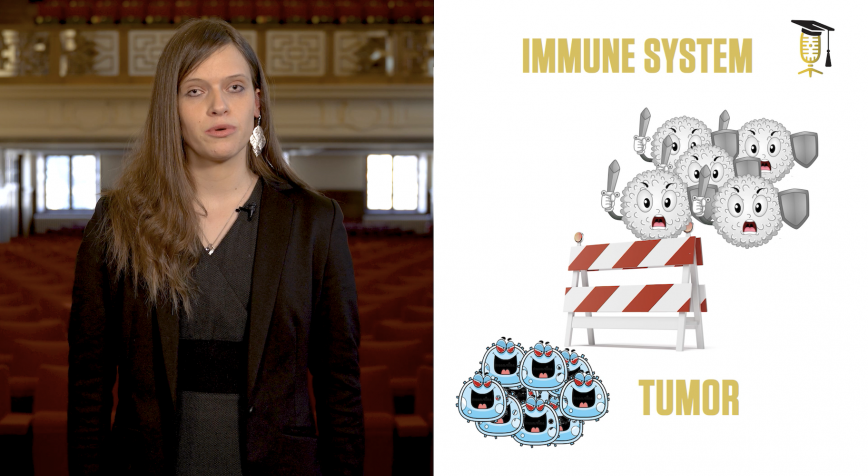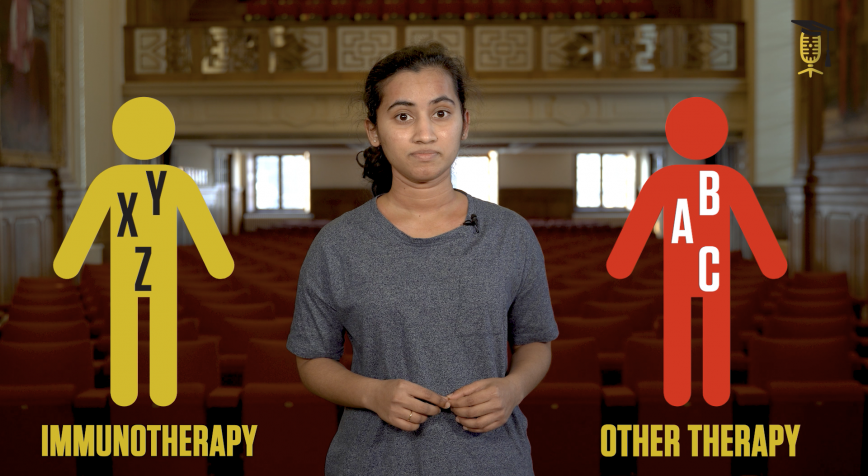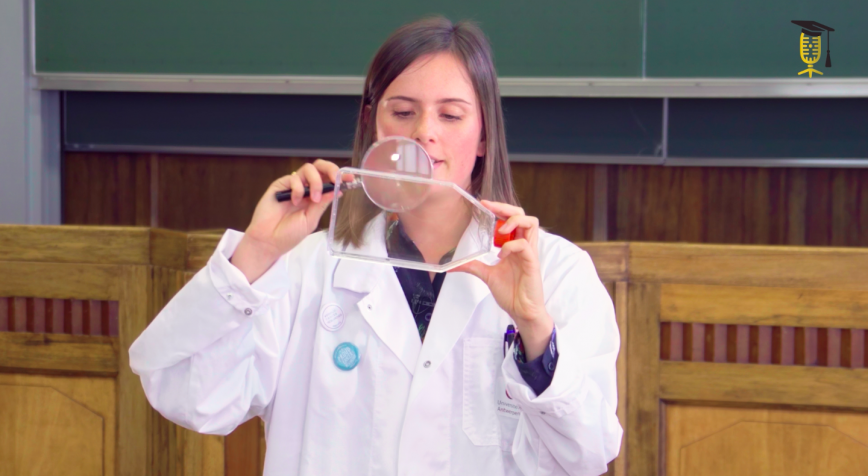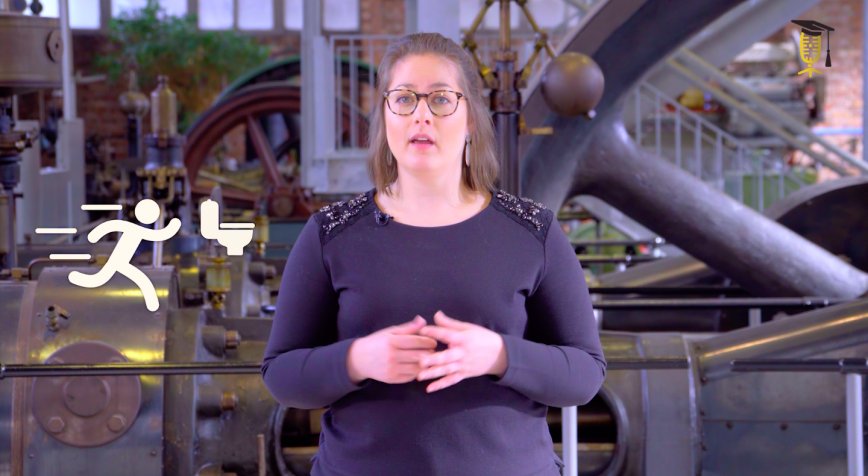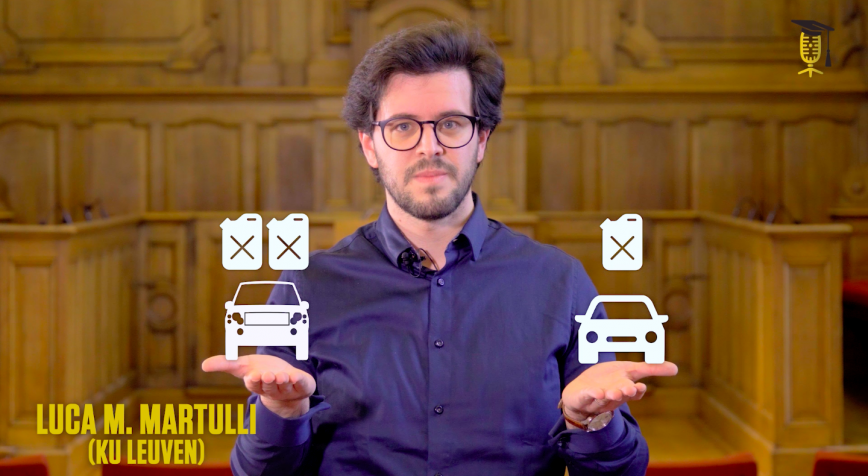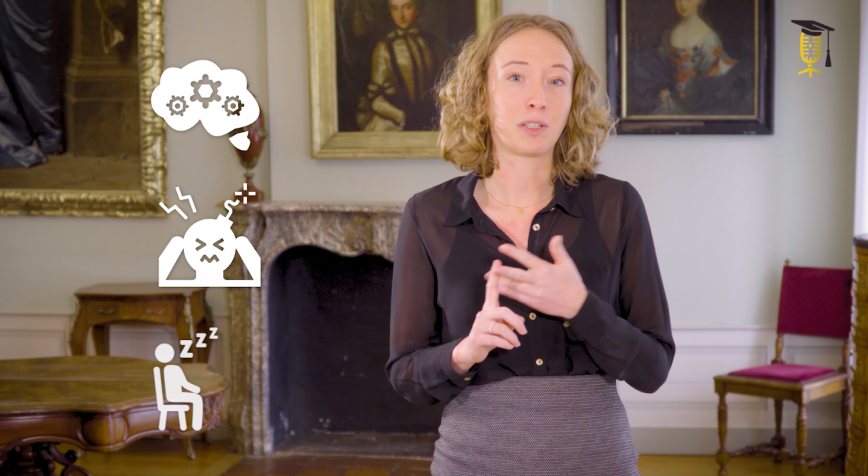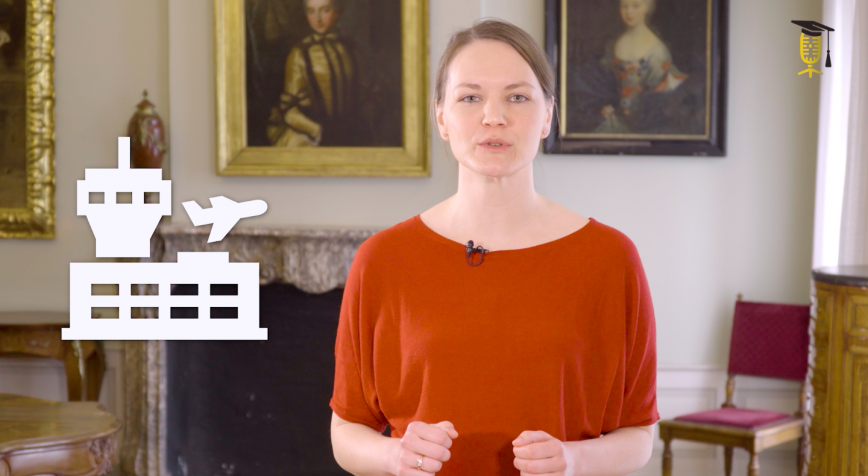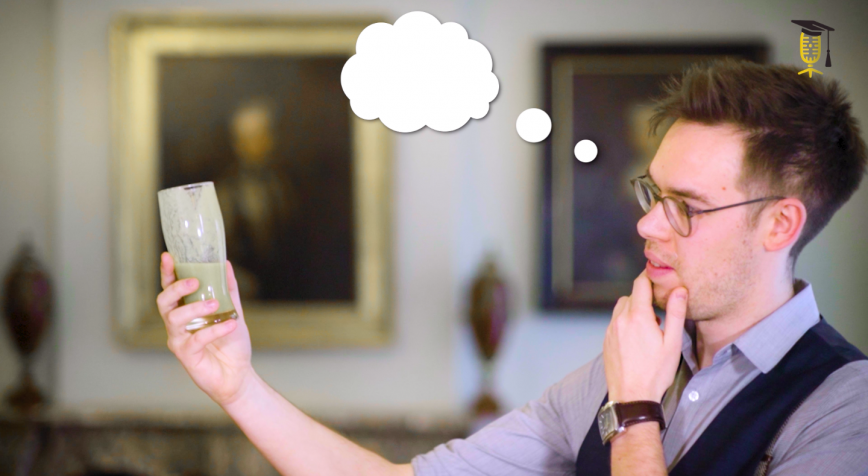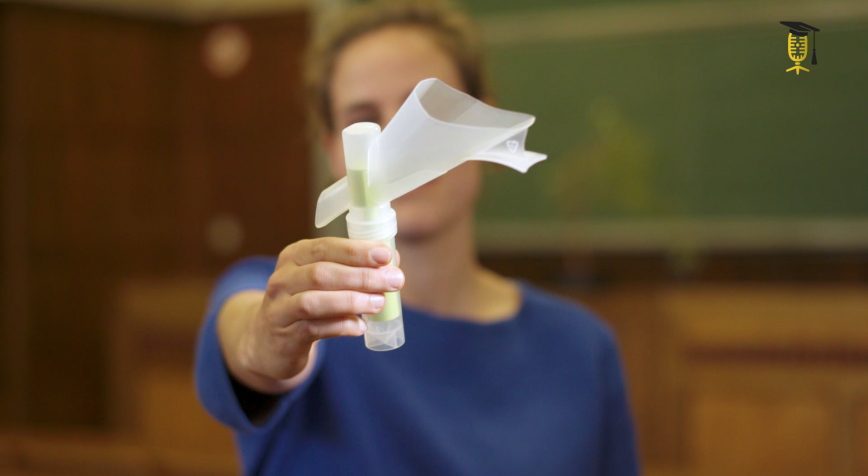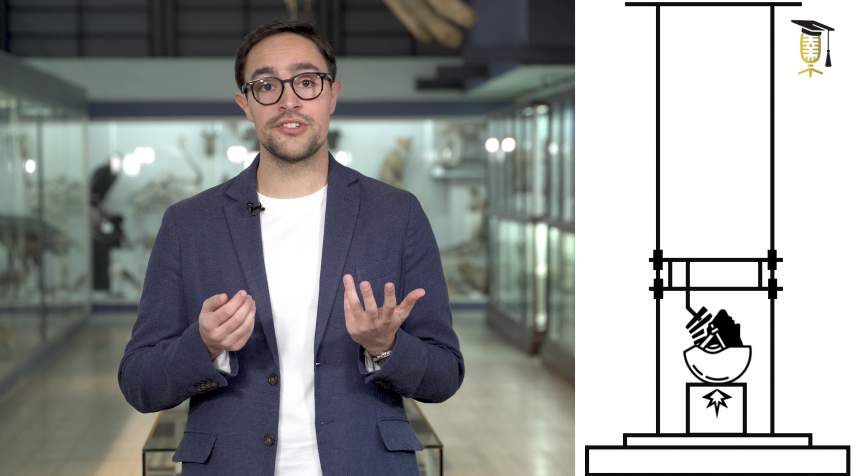
FWO
KU Leuven
Protecting the brain: how to make safer bicycle helmets
In Belgium, 10,000 cyclists are injured in traffic accidents every year. While helmets help reduce skill fractures, they often don't protect cyclists from brain injuries. Andrea Menichetti (KU Leuven) studies how much our brain can deform before getting injured in order to help manufacturers produce safer helmets.
